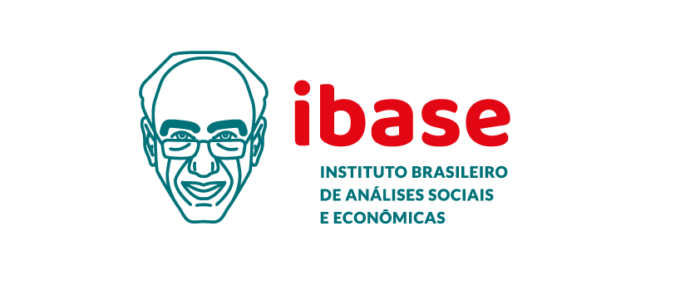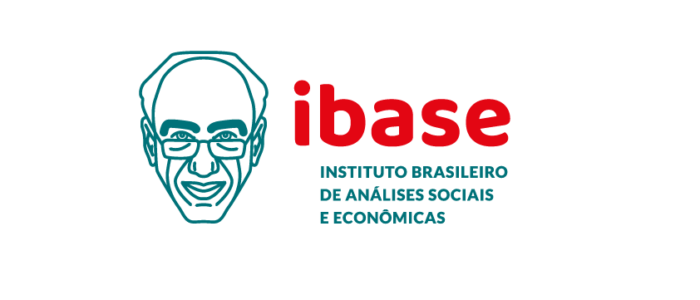IBASE
History
The Brazilian Institute of Social and Economic Analysis (Ibase) is an active, non-profit citizenship organization. Effective from 1981, it was founded after political amnesty by Herbert de Souza, Betinho, and exile companions Carlos Afonso and Marcos Arruda.
Ibase has an institutional history closely linked to the democratization of Brazil, in particular to the struggles that permeate the emergence of citizenship and the constitution of the diverse Brazilian civil society of the past three decades. The great movements and civic campaigns of this period, were also commitments by Ibase and, for this reason, were historic moments of adaptation of its agenda and the ways of acting. This legacy is in the Ibase ethos.
Ibase thinks more of itself as an actor in civil society, autonomous and public, than as an institution. Its founding and constantly renewed intellectual and practical commitment is to radicalize democracy as a way of life in society. It defines its mission as an active citizenship organization, which produces and formulates knowledge, analysis, questions and proposals as arguments for transforming democratic action. Its priority field of action is public space. Analyzing and proposing, debating and acting, working in networks and building collective forums, all aiming at irresistible political and cultural movements that have rights, citizenship, democracy and socio-environmental sustainability as their agendas, is the direction that has guided Ibase since its foundation.







